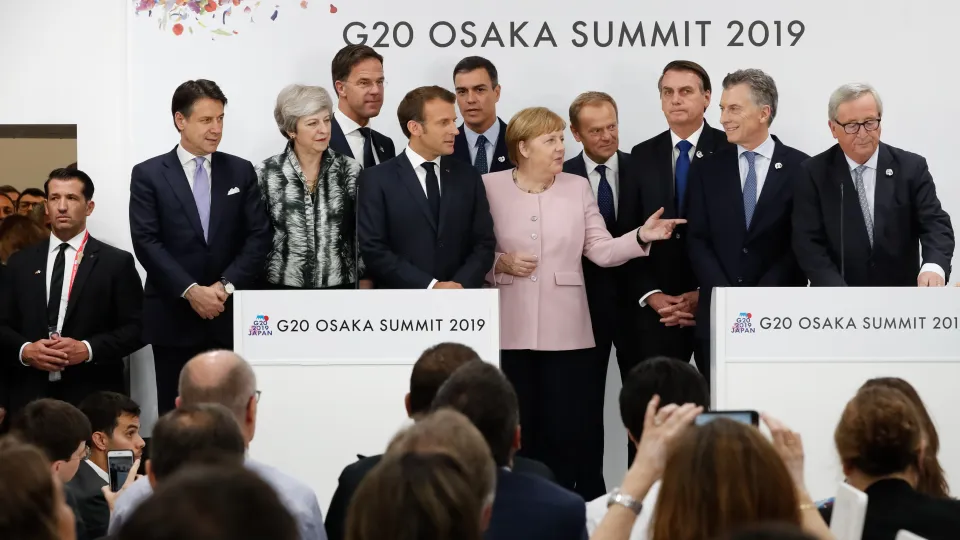LUCSUS researcher Felix Schulz and his colleague, Christian Bretter of the University of Queensland, investigated how people's ideologies affect their views on climate policy. They compared sentiments in three high-income countries in the global North (the US, UK, and Germany) and three upper-middle-income countries in the global South (Brazil, South Africa, and China). Together, these six countries produce annually half of the global CO₂ emissions.
The researchers surveyed public support for various climate policies, like vehicle standards, product bans, and emissions taxes. They also asked about opinions on government incentives promoting low-carbon alternatives and mandatory carbon disclosure on goods and services. To explore ideological influences, the survey included questions about respondents' values, cultural worldviews and political trust.
"We observed a strong link between a neoliberal worldview and lack of support for the climate policies in our study," Schulz says. "Support for climate policies isn't just about whether someone believes in human-made climate change or cares about the planet. There are deeply-rooted ideological factors at play too."
Neoliberalism is the belief that free markets, not governments, are best at allocating resources. It promotes minimal state intervention, viewing competition and individual responsibility as the keys to prosperity. Instead of viewing themselves as members of a collective, people are persuaded to maximise personal gains. That philosophy can conflict with climate policy, which relies on state regulation and collective action.
In many high-income countries, political ambition to alleviate human-made climate change is faltering, often alongside a shift toward right-wing populism. In Germany, most political parties have shifted their focus away from climate issues. US President Donald Trump's election platform included dismantling environmental protections. Prominent UK politicians have voiced scepticism toward climate initiatives.
"We know from research that what the public thinks or votes for influences what governments do," Schulz says. "This is true even when accounting for the influence of powerful interest groups. Those creating and campaigning for urgently needed climate policies need to take this into account."
On the other end of the spectrum, his study found that people who value the environment and the relationship between humans and nature were more supportive of climate policies. Trust in political institutions and politicians also increases support for climate policies. Age, gender, education, and income had little effect on attitudes.

